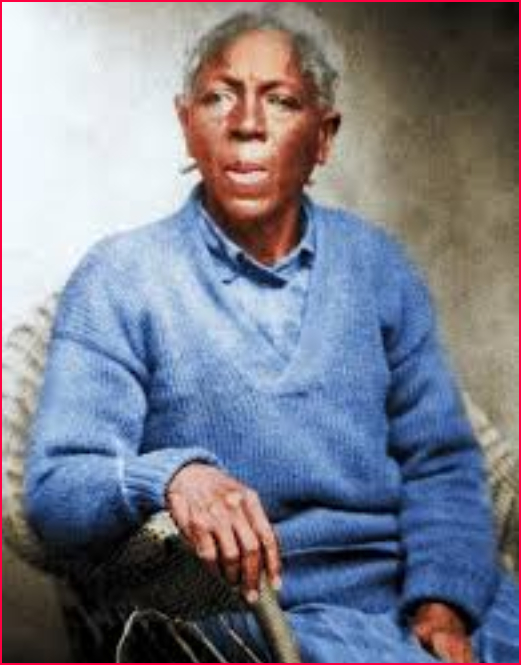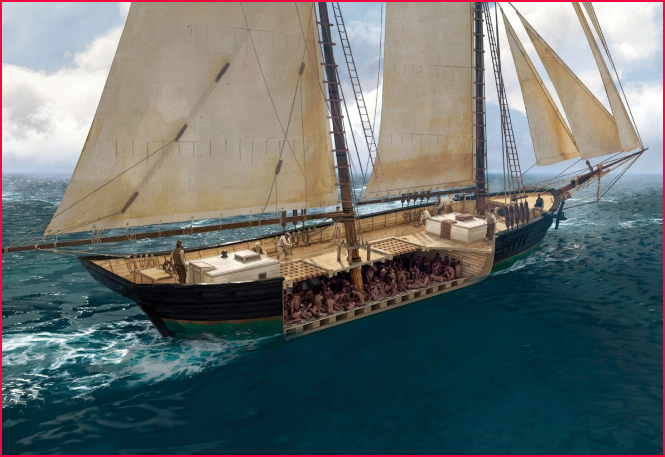On a chilly December morning in 1931, a resolute Matilda McCrear, then in her seventies, embarked on a 15-mile journey by foot to a courthouse in Selma, Alabama.
Fueled by hope and an unyielding spirit, she sought compensation for the injustices she and her family endured as survivors of the last known transatlantic slave ship, the Clotilda.
Though her case was dismissed, Matilda’s life stands as a powerful testament to resilience, courage, and the enduring struggle for justice.
Matilda McCrear, born Abake in 1857 among the Tarkar people of West Africa, was just two years old when her world was torn apart.

Captured alongside her mother and siblings during a raid by the Kingdom of Dahomey, she was forcibly marched hundreds of miles to the coastal port of Ouidah.
There, she and her family were sold into slavery and loaded onto the Clotilda, the infamous schooner that illegally transported enslaved Africans to Alabama in 1860, more than 50 years after the transatlantic slave trade had been outlawed in the United States.
The Clotilda’s journey, known as the “Middle Passage,” was marked by horrific conditions. Packed tightly into the ship’s hull, the captives endured starvation, sickness, and abuse.
Upon arrival in Mobile, Alabama, Matilda, her mother, and her sister were separated from other family members and sold to a plantation owner. They were renamed, stripped of their identities, and forced into a brutal life of labor.
Despite the hardships of her early years, Matilda survived the Civil War and the Emancipation Proclamation of 1863. However, freedom brought little respite as systemic racism, Black Codes, and sharecropping perpetuated cycles of oppression.
Matilda’s adult life was shaped by loss, perseverance, and quiet defiance. As a mother of 14 children, she worked tirelessly as a sharecropper, yet she changed her surname to McCrear, reclaiming her identity and distancing herself from her enslaver.
Her bold 1931 journey to Selma’s courthouse marked her as a symbol of resistance, even as her bid for justice was denied.

Matilda McCrear passed away on Jan. 13, 1940, at the age of 83, the last known survivor of the Clotilda. In 2019, the remains of the ship were discovered in Alabama’s Mobile River, a chilling reminder of its dark legacy.
Matilda’s story, rediscovered by historian Dr. Hannah Durkin, continues to shed light on the human cost of slavery and the enduring impact of systemic racism.
Her life underscores the importance of remembering the voices of those who endured the unthinkable and fought for dignity against insurmountable odds.
This story is culled from a feature by George Charles Darley on Aljazeera.Com
